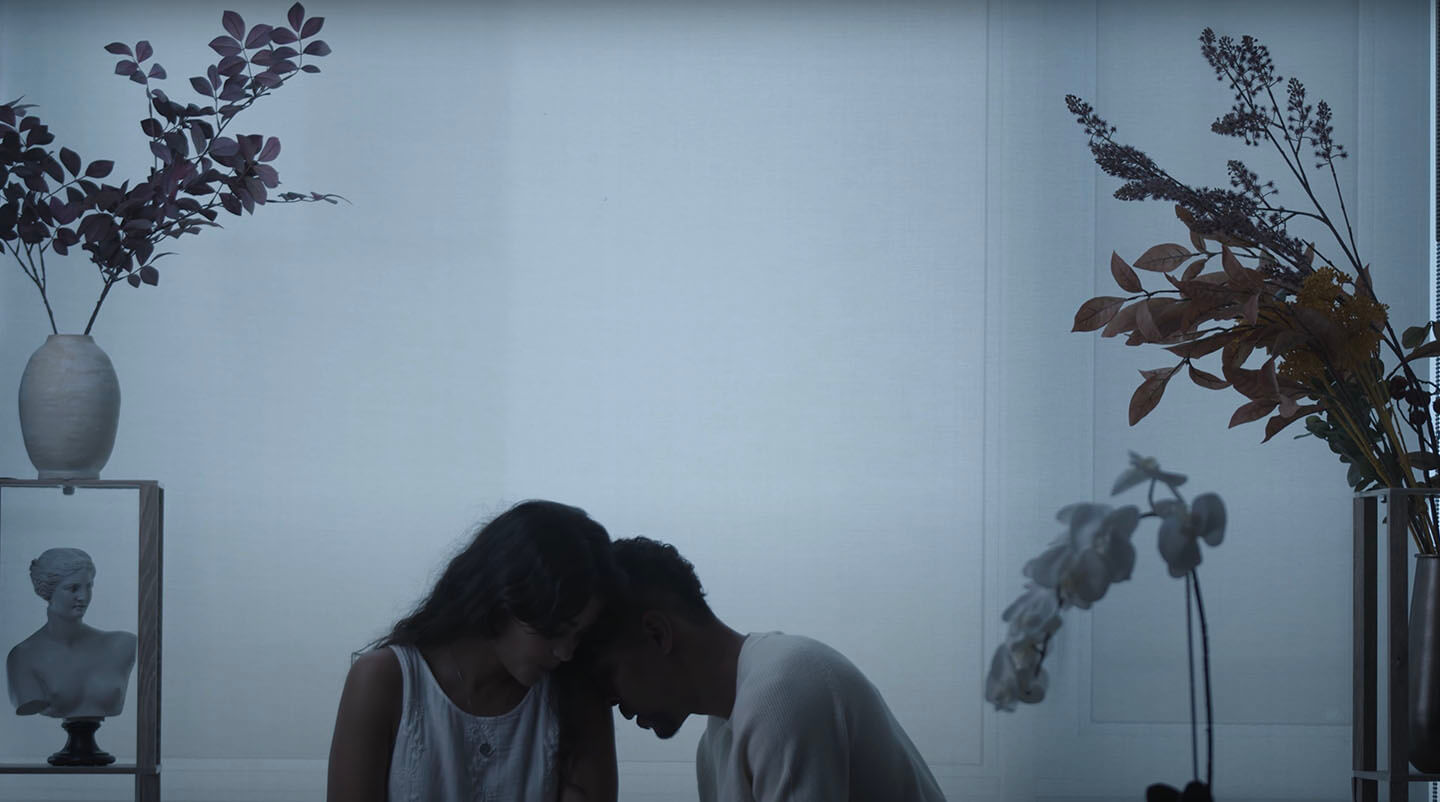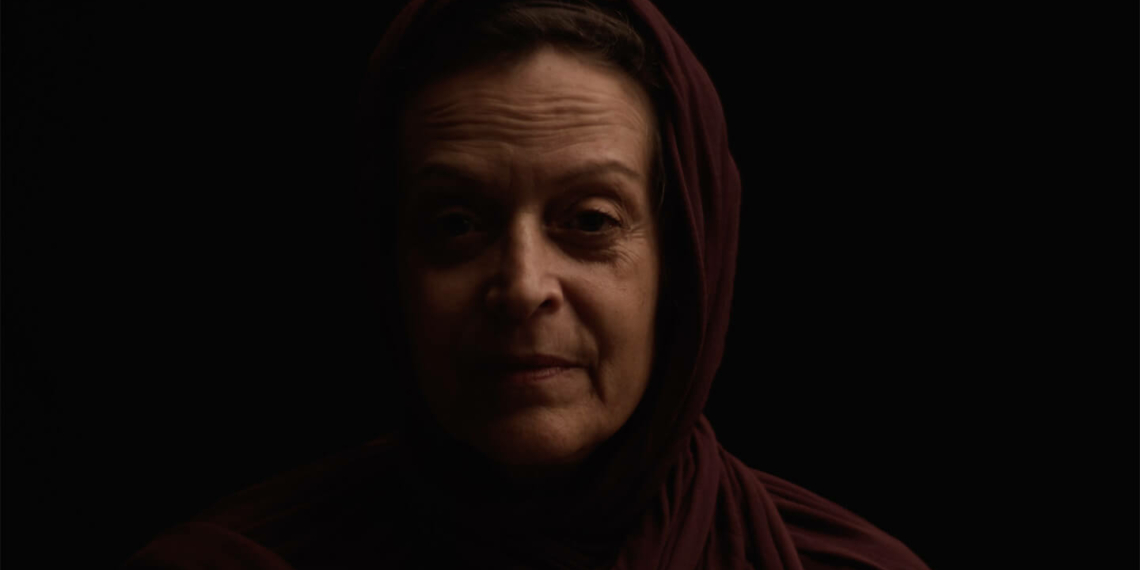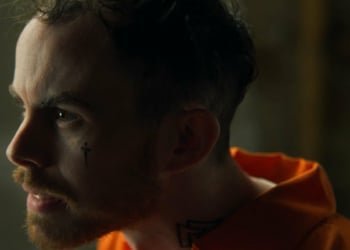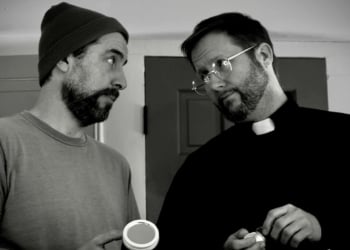Anant Mehra’s Providence is a 13-minute horror about vows that last and succeed lifetimes. Powers that are also curses are passed on from generation to generation of young women by other, older mysterious women. Saba is the latest in the line of young women blessed with infinite being in exchange for unquestioning obedience.
The opening shot clues us into the climax: a man shoots a woman. The latter is Saba (Simran Jehani), and the former her partner, Josh (Austen Parros). Chronologically, she is seen as a younger girl, paired opposite a motherly old woman (Marlene Forte) who narrates her life, akin to a fairytale. The monologue is compelling for its cinematography and Forte’s performance. The old woman directly addresses the camera in a tight closeup that opens out into a space that is nowhere. It is the space where fairytales are told, suspending with material surroundings and leaving the voice and face of the storyteller as the crucial point of fascination.

A much larger story exists within the condensed thirteen-minute narrative. Though the cold palette and empty spaces never go away, Saba grows into a life of her own. From a young girl to a young woman falling in love, to a woman ready to start a family with her partner. Saba has kept her power and her contract folded between mundane ordinariness, but what is hidden must always return to the surface. The journey to the climax is a succinct affair, enough to make its abbreviation apparent. It may evoke a certain regret; the narrative is (visually) compelling, and of course, a dark fairytale is always so.

Her new life is ordered to change before it can properly begin. The old woman has for long been a voice in her head, now turned far more fanged and venomous than it had ever been. What had been commands to cleanse her material surroundings now shift into a territory exponentially more sinister. Saba, as the blade whose obedience has been sharpened over the years, is now put to the test.
Though the climax stumbles, it surprises. The final moments of Providence match the early monologue scene in its ability to hook attention (even when they differ in most other ways). As the true first scene, it ties with the climax to form a neat logical circle which has no exits. And so leaves the viewer with this: how far does Saba’s infiniteness extend?
Providence: Infinity and the Limits Placed on It
-
Direction
-
Cinematography
-
Screenplay
-
Editing
-
Music
















really enjoyed this film